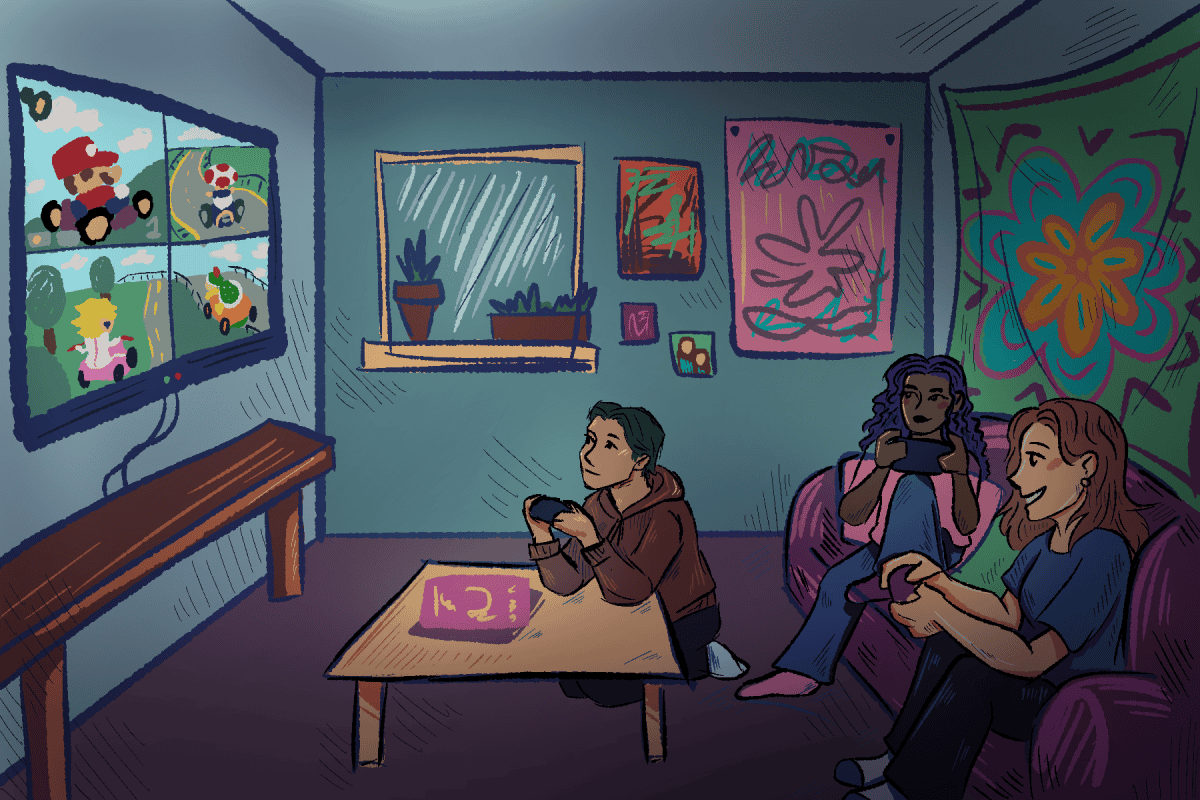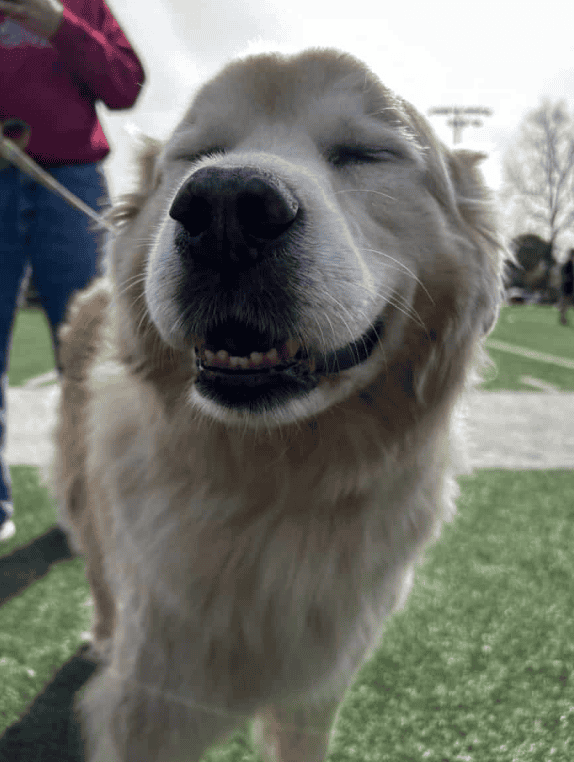The Summersell Center for the Study of the South and the University of Alabama Press will present “Redundant Woman: The Daughters of Ned Cobb” on Thursday from 4:30 p.m. to 6 p.m. in Ferguson Center Room 301.
The free event is a lecture by author Theodore Rosengarten, who earned his doctorate in the History of American Civilization from Harvard University in 1975. He is the author of the 1974 National Book Award-winning true story, “All God’s Dangers: The Story of Nate Shaw.”
The Summersell Center promotes Southern history through public programming and research. The organization’s director, associate professor Kari Frederickson, said she invited the author to the University for African-American Heritage Month.
“I read “All God’s Dangers” as an undergraduate at the University of Wisconsin and again in graduate school,” Frederickson said. “It was one of a handful of books that convinced me I wanted to be a historian.”
Assistant professor of history John Giggie teaches an African-American religious history course. Giggie said “All God’s Dangers” illuminates the importance of black history in revealing both the promise and tragedy of southern history.
“[Rosengarten] brings to life the stubborn efforts of a black Alabama sharecropper to rid his beloved state of segregation at a time when African-American men risked their freedom and lives by opposing the laws and customs of white supremacy,” Giggie said. “Shaw’s efforts earned him a 12-year jail sentence, but never dimmed his hopes for a better world.”
Rosengarten said when he and his wife traveled to Alabama to research an Alabama sharecroppers’ union, they met farmer Ned Cobb. He said when his wife first asked the 84-year-old Cobb (named Nate Shaw in “All God’s Dangers”) why he joined the union, the farmer spoke for eight hours about his remarkable life during a prejudiced era in Alabama history.
Rosengarten’s inspiration came from the 1960s civil rights movement and how well Cobb told his story.
“I sat at the knees of a great storyteller,” Rosengarten said. “He understood what other black farmers and poor white farmers were going through and he was a great resource for the history of Alabama farmers.”
Cobb’s granddaughter, Shirley Dean Ray, who holds a doctorate in theology, will also speak during Thursday’s lecture.
“People will get to hear a narrative of Cobb’s daughter that has never been published,” Rosengarten said.
Shariyah Johnson, a freshman majoring in law, plans to attend the lecture. She said she is proud of the University for holding this event that honors her heritage.
“I think this is an interesting part of history, and I am looking forward to hearing what Theodore Rosengarten and Dr. Shirley Dean Ray have to speak about,” Johnson said.






